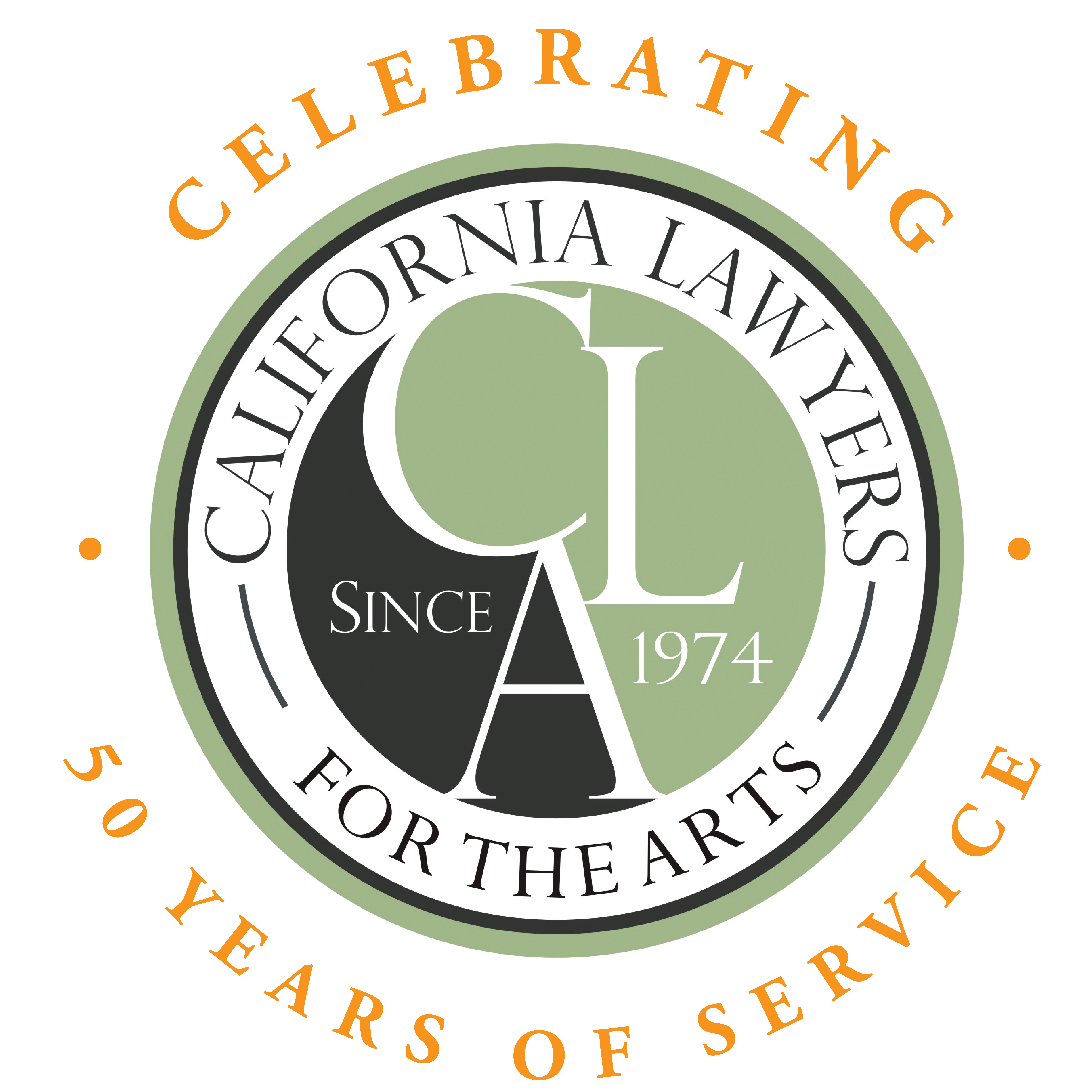In Austin last week at South by Southwest, an overwhelming concern during the four day music conclave was: Will musicians be able to pay the rent in the digital age? Now that the gilded era of record company contracts is winding down and physical albums and CDs are losing market share, how are artists going to make a living from downloading and streaming services?
More than once, it was pointed out that the music industry is starting to mirror the income disparities that are plaguing our entire society. It is estimated that fewer than 20% of working musicians earn more than 80% of the income.
Speakers during the SXSW music conference poured out advice: Continue to do live performances. Engage your fans through social media. ("It's incredibly stressful," commented one rising star.) if you can, get hooked up with a brand, and if you're born with the right parents or lucky enough to get a generous patron, let them subsidize you.
The digital age has upset old paradigms in many sectors. On a panel titled "The Celebrity Economy in Music," Nobel Laureate Paul Krugman said that his employer is also trying to figure it out. "The New York Times," he observed, 'has become a platform for luxury goods wrapped up in a little bit of news."
Some other gems:
Peter Koppes, long-time guitarist for the Australian rock band, the Church, thanked an unnamed benefactor from Austin who had given the band over $1 million over the past 20 years so that they could keep producing albums and performing.
Prior to a concert, Raquel Sofia posts photos of herself in different outfits, asking her fans which dress she should wear on stage.
During a panel on Copyrights in the Digital Era, Jacqueline Charlesworth, General Counsel of the US Copyright Office, talked about the challenge of "tagging" music electronically so that copyright owners can find out who is using their work. She lamented that the Copyright Office itself, which is still dealing with paper forms in some areas, needs a better IT structure. Government, she said, may be able to help by providing incentives for data standardization. Her recent report on music licensing was frequently cited during the conference.
Jacqueline mentioned that the Copyright Office has long favored requiring "terrestrial radio" to pay royalties to rights holders, an exemption that has been in place since the '70s. The lack of reciprocity in the US also prevents radio royalties from being paid internationally. (Visual artists similarly miss out on resale royalties when their works are resold abroad, because there is no federal legislation in the US. Only California provides resale royalties for visual artists--a law that is being tested now in the federal courts.)
Erik Metzger, a board member of both California Lawyers for the Arts and Texas Accountants and Lawyers for the Arts, facilitated two panels for musicians and filmmakers describing pro bono legal services provided by CLA, TALA and Volunteer Lawyers for the Arts, based in New York. As the conference days wound down, Erik, VLA Executive Director Katie Wagner and I cooled down at receptions put on by TESLAW, the Entertainment and Sports Law Section of the Texas State Bar, the Copyright Alliance and Lommen Abdo, a law firm based in Minnesota that played a prominent role in the continuing legal education track.
Of course, with an estimated 2,000 bands competing for attention at showcases and venues all over town, there were also plenty of opportunities to find personal inspiration in the music.
Graham Reynolds, who has made his mark composing and music in multiple genres for different audiences, surprised me with an old Duke Ellington hit, Caravan, that he played at the Elephant Room. Imagine that Duke Ellington, a cousin on my maternal grandmother's side, is still resounding after all these years! Graham's sassy, pulsing rendition of Ellington's 1937 hit symbolized my entire South By experience.
And then there was the cerebral Peter Koppes from the Church and his family, who sat with me during lunch just prior to his band's interview with David Fricke of Rolling Stone. Peter, who has taught classes about the music business, explained that six -- not two -- emotions can be found in minor chords. He was very familiar with our sister organization, the Arts Law Centre of Australia.
Later that evening, I was curious enough to see the Church perform at Buffalo Billiards. As promised in their interview, they amped up their music with plenty of reverb. Now approaching their 60's, these rockers continue to drive the beast.
Life is short, but art is long.
Alma Robinson, Executive Director
California Lawyers for the Arts

